Earth
-
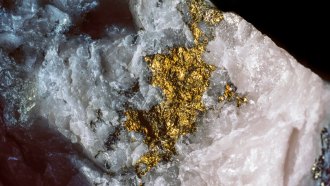 Earth
EarthHow earthquakes build beefy gold nuggets
The strain imparted by an earthquake can generate voltages in quartz veins that stimulate the mineralization of gold.
By Nikk Ogasa -
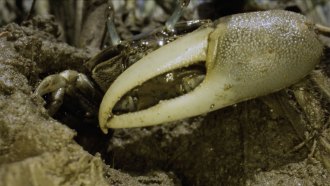 Environment
EnvironmentFiddler crabs are migrating north to cooler waters
The crabs are climate migrants and could be a harbinger of changes to come as more species move in.
By Luke Groskin -
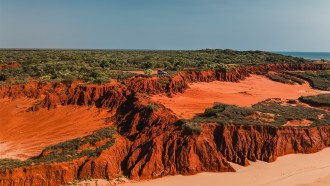 Climate
ClimateSummer-like heat is scorching the Southern Hemisphere — in winter
Warmer winters are fast becoming a global phenomenon and can affect everything from the food we grow to the spread of diseases.
-
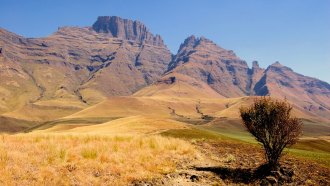 Earth
EarthMantle waves buoy continents upward and bedeck them with diamonds
A phenomenon occurring deep underground may explain how vast plateaus form far away from tectonic plate boundaries.
By Nikk Ogasa -
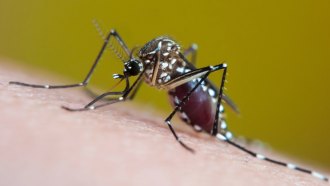 Health & Medicine
Health & MedicineExtreme heat and rain are fueling rising cases of mosquito-borne diseases
Extreme Climate Update looks at the perfect storm climate change is creating for mosquitoes and the diseases they carry, like dengue and West Nile.
-
 Oceans
OceansNational Geographic’s ‘OceanXplorers’ dives into the ocean’s mysteries
National Geographic’s documentary series ‘OceanXplorers,’ produced by James Cameron, invites you aboard one of the most advanced research vessels in the world.
By Abby Wallace -
 Agriculture
AgricultureCan scientists make fruits and veggies resilient to climate change?
Combining traditional plant breeding with new genomics tools is allowing scientists to grow plants that are better adapted to a warming climate.
By Amanda Heidt -
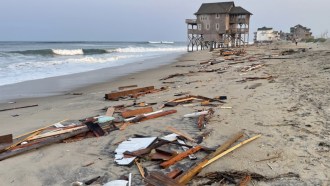 Climate
ClimateZapping sand to create rock could help curb coastal erosion
Low voltages generated minerals that help bind the sand into erosion-resistant rock, offering hope for shorelines ravaged by waves.
By Sid Perkins -
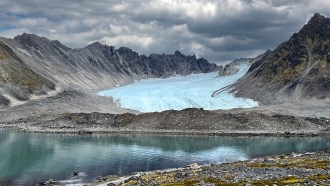 Earth
Earth‘Turning to Stone’ paints rocks as storytellers and mentors
Part memoir, part geology explainer, Marcia Bjornerud’s latest book explores the hidden wisdom of Earth’s rocks.
-
 Climate
ClimateThe world’s record-breaking hot streak has lasted 14 months. When will it end?
Science News spoke with NOAA climatologist Karin Gleason about the ongoing record-breaking streak of record-high global temperatures.
By Nikk Ogasa -
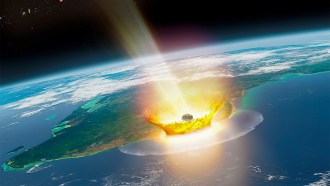 Paleontology
PaleontologyThe asteroid that may have killed the dinosaurs came from beyond Jupiter
The Chicxulub crater, left behind by the impact, contains elemental traces that suggest the origins of the notorious projectile.
-
 Environment
EnvironmentMore than 4 billion people may not have access to clean water
The new estimate, based on data from 135 low- and middle-income countries, is more than double the World Health Organization’s official count.
By Claire Yuan